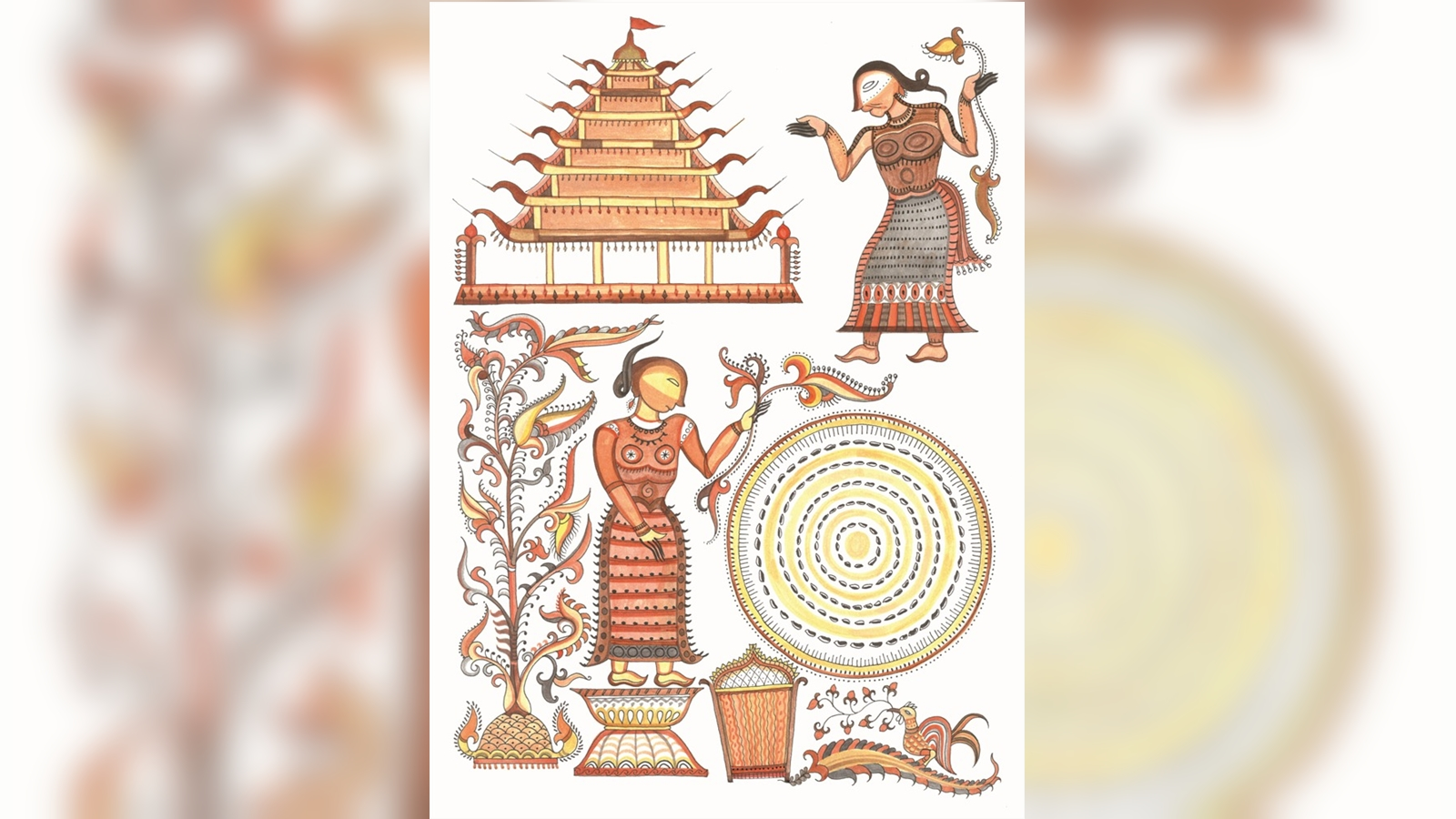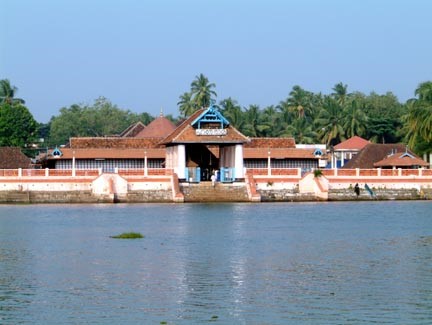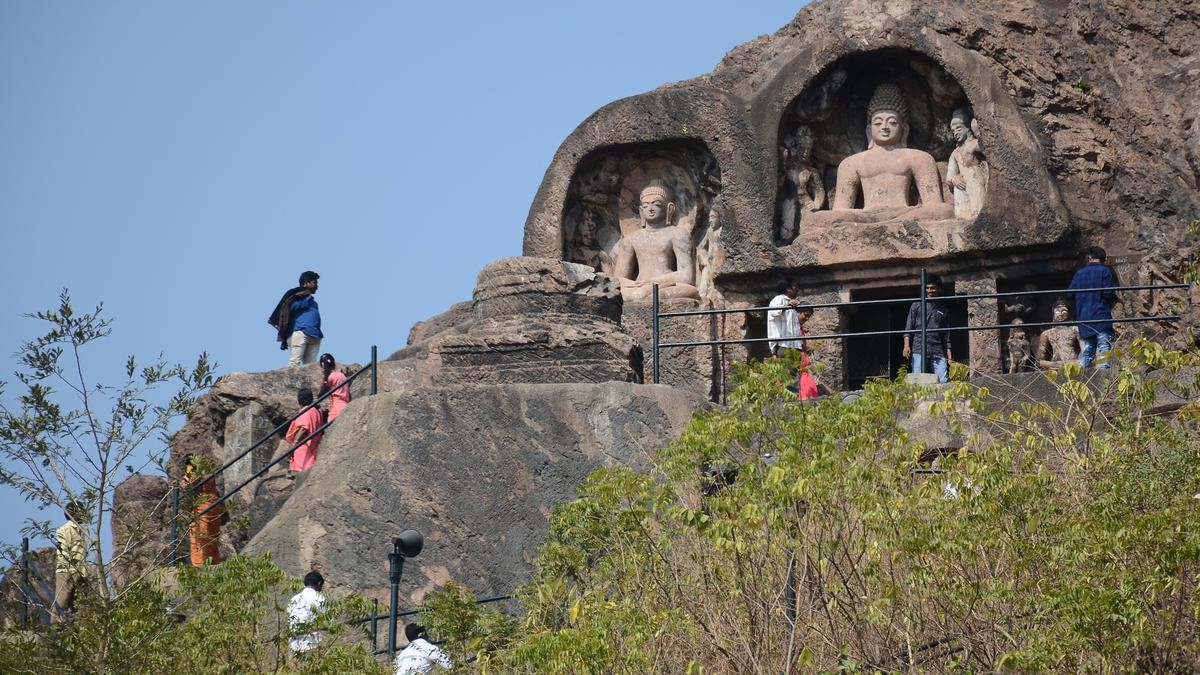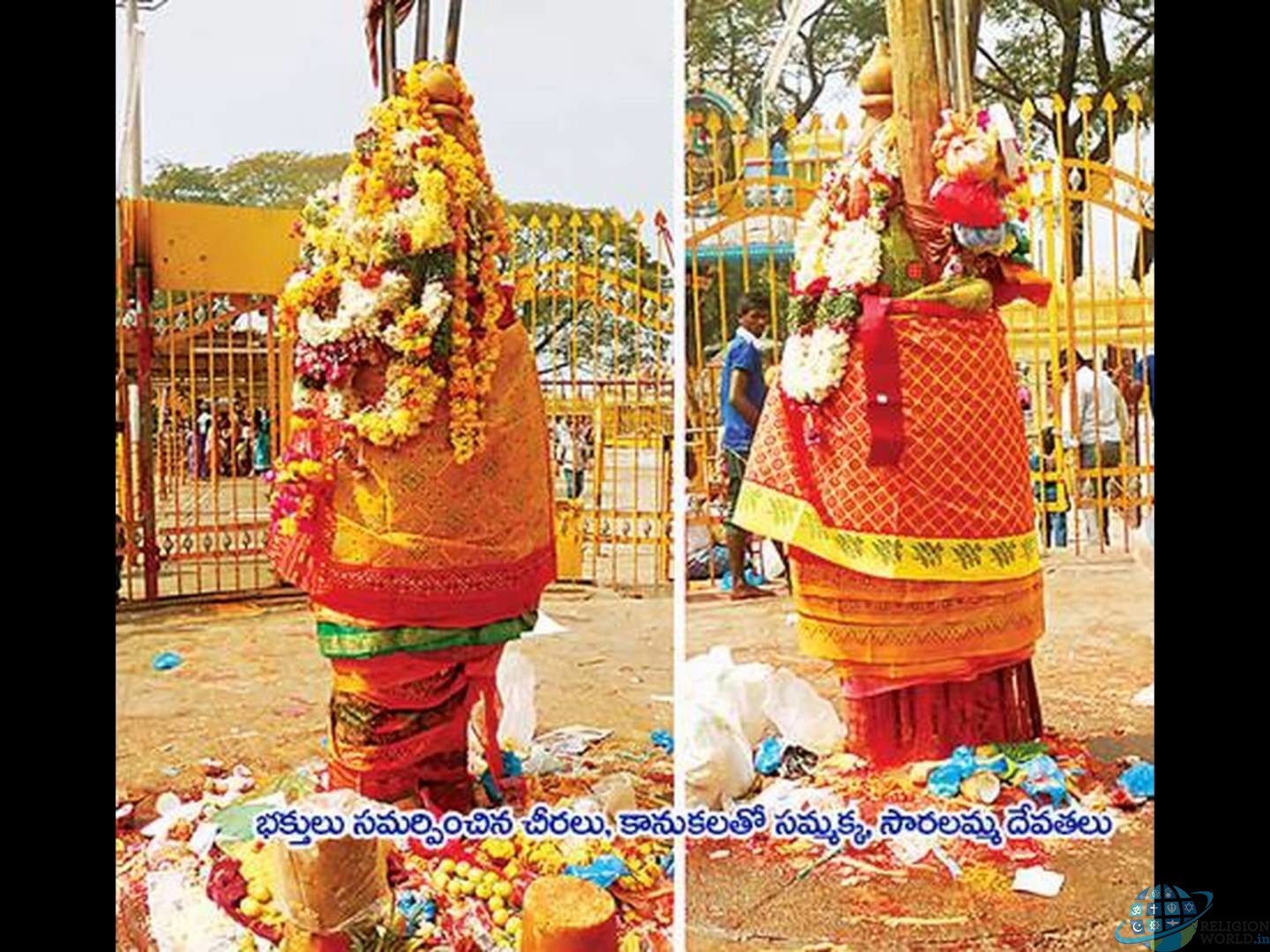Description
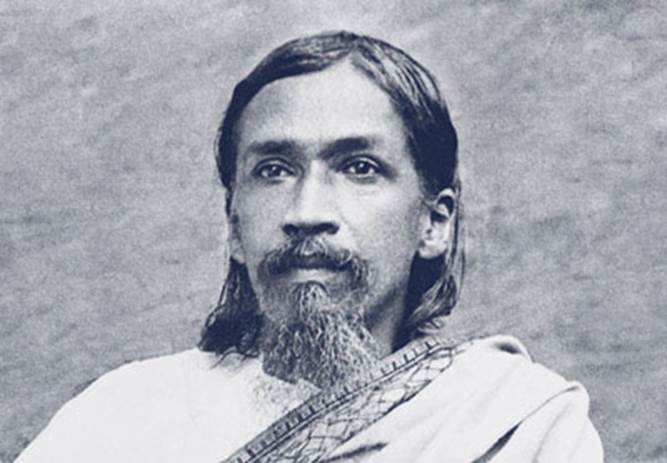
Copyright infringement not intended
Context: Prime Minister Narendra Modi participated in a programme commemorating Sri Aurobindo’s 150th birth anniversary on December 13, 2022. During the Programme PM released a commemorative coin and postal stamp in honour of Sri Aurobindo.
.jpg)
Details:
About Sri Aurobindo
- Sri Aurobindo (1872 –1950) was an Indian philosopher, yoga guru, poet, and Indian nationalist.
- He was also a journalist, editing newspapers such as Bande Mataram.
- He joined the Indian movement for independence from British colonial rule, until 1910 and then became a spiritual reformer, introducing his visions on human progress and spiritual evolution.
.jpg)
Contribution
- He was involved in Anushilan Samiti.
- He was arrested in the aftermath of a number of bombings linked to his organization in a public trial where he faced charges of treason for Alipore Conspiracy.
- However Sri Aurobindo could only be convicted and imprisoned for writing articles against British colonial rule in India.
- During his stay in the jail, he had mystical and spiritual experiences, after which he moved to Pondicherry, leaving politics for spiritual work.
- At Pondicherry, Sri Aurobindo developed a spiritual practice he called Integral Yoga.
- In 1926, with the help of his spiritual collaborator, Mirra Alfassa (referred to as "The Mother"), Sri Aurobindo Ashram was founded.
- Works: His main literary works are The Life Divine, which deals with the philosophical aspect of Integral Yoga; Synthesis of Yoga, which deals with the principles and methods of Integral Yoga; and Savitri: A Legend and a Symbol, an epic poem.
https://newsonair.gov.in/News?title=PM-Modi-to-participate-in-programme-commemorating-150th-birth-anniversary-of-Sri-Aurobindo-today&id=452201






.jpg)


